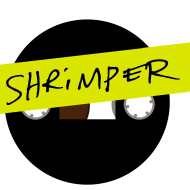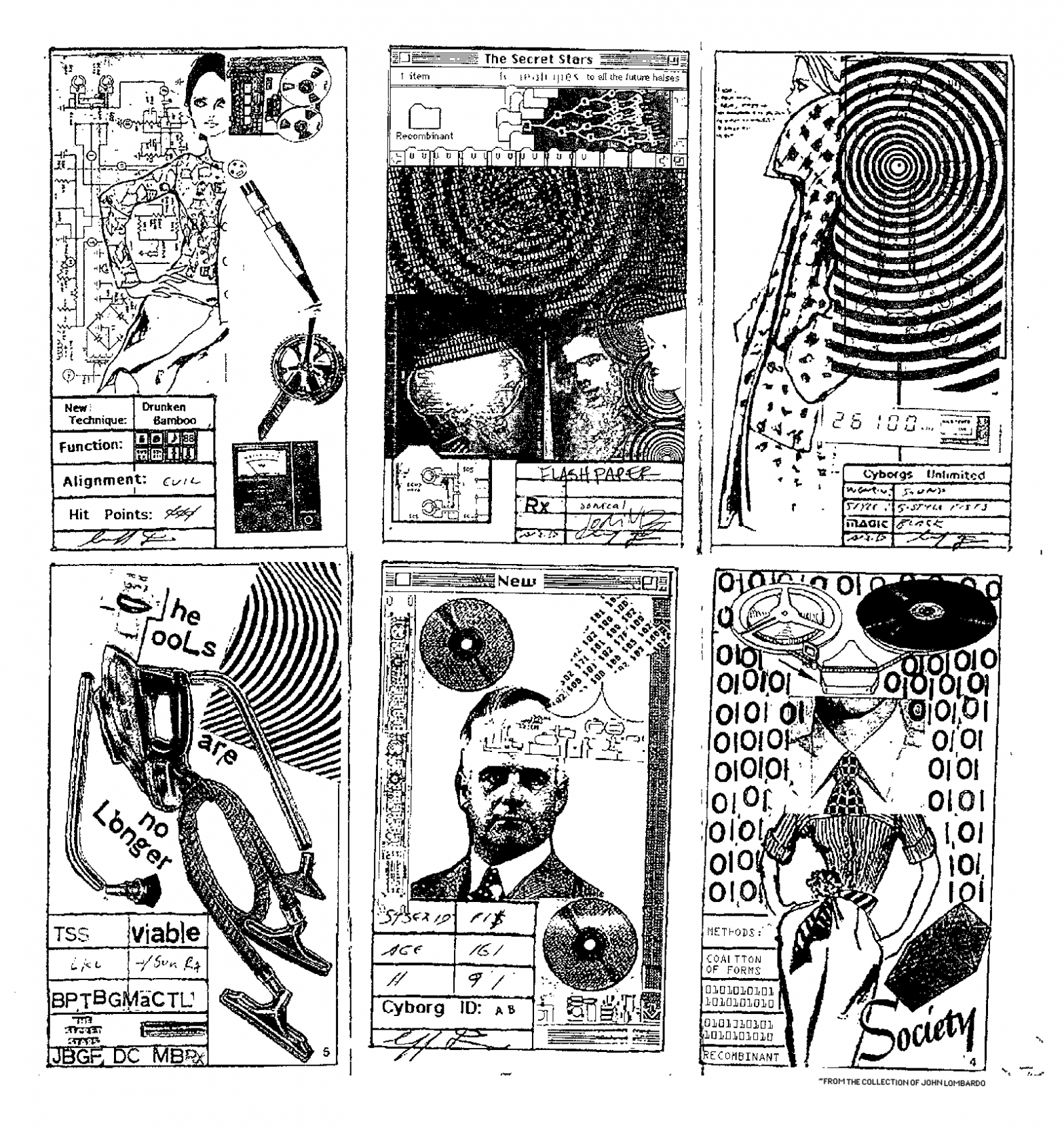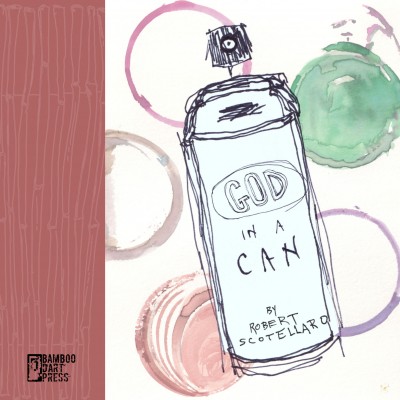Cati Porter writing has one foot in the material world and the other in the fantastical. Bones might be veins in her world, flesh becoming sequins, but the heart and mind of her writing is lodged firmly in the reality of earth one. In her newest work, Novel, which is out today on Bamboo Dart Press., Porter’s poetry often opens slowly, conversationally before pulling the reader asunder to floors and shores you would not imagine you would be taken to based upon the entry way. It is deft and nimble, not dross window dressing. I spoke to Cati about her new book and about writing, language and music over the course of this Spring. The conversation below is a lot like her best writing. Porter is quick, humorous, biting and fearless about picking at the varnish of truth, seeing if it is in fact what ends up under her thumbnail, or if it is in fact something altogether different.
I have read Novel a number of times, and I have walked away from it each time with a different view of what the book is about. Novel is such a great signpost to alert the reader of these poems to be on their toes as the weather changes at breakneck speed. That you can label things whatever you want, but that does not make it so.
Right! That’s one thing I really love about poetry. When I
was a newbie poet I was so desperate to be taken seriously, and so I tried hard
to write VERY SERIOUS POEMS. As a married young mother on the verge of turning
thirty (Sylvia Plath’s age when she died), I remember writing a maudlin poem
about how old I felt and showing it to a friend who was then in her late
fifties. She was like, “Get over yourself!” Now that I’m in my fifties, I have
a much clearer vision about how short life really is, and relish its abundant
absurdities, like feeling old at thirty.
Cooking With the Women You Have Loved is a perfect balance of wit and cynicism in regard to relationships. On the page it can be read as folly, but also as tragedy. I wonder if when reading poems of this nature aloud you make tonal shifts, reinterpreting the poem? if the poem changes in time like a song performed live dozens or hundreds of times by a performer.
Good point! I haven’t read that one out loud yet. Or maybe
just once? I’ll have to get back to you on that. But I’d like to take a minute
to talk a little about the origin of this poem, and in doing so, illuminate
part of my process.
Daily, I drive my husband crazy with my “witticisms”— deadpan
reading off of billboards, or asking him absurd questions based on something he
just said, e.g. Him: I guess we’ll throw caution to the wind. Me: How far do you think we can throw it?
“Cooking with the Women You Have Loved” came on the heels of
my reading an article that admonished women for the use of the word “just”,
something I am personally guilty of. I also say “I’m sorry” a lot— not to
apologize, per se, but to express solidarity, or empathy. Supposedly this
undermines our authority, but it’s a learned behavior. We know that, at least
when it comes to most of our interactions with men, we have to work harder to
be heard, buffer our knowledge with qualifiers, couch requests in apologies, or
disarm with humor. (See my poem “Disarming Sue”).
So: Back to the word “just”. When did it become just filler? And why is it bad for women to use it,
but okay for men?
Think of William Carlos Williams’ “This is Just to Say”,
which, in my reading, is not just a poem about eating plums. It’s a poem about
power. It’s a poem about taking things without asking, with only feigned
apologies. Williams uses “just” to minimize any potential fallout from his
eating of the plums, and to illustrate how the eating of the plums was, well, just-ified by the mere fact of their perceived
deliciousness. Like telling a woman it’s her fault because her skirt is too
short.
So yes, “Cooking…” is about relationships, but more so, it’s about power, and how
undermining the authority of women is detrimental to all parties.
In writing this out and thinking about the poems in context,
I’ve come to realize that at least parts of Novel can be read as a feminist manifesto.
Yeah, the book moves and takes on different forms for me. There are a number of poems in Novel that play with banal everyday notes. A to-do-list at how to succeed at death, a lesson on how to teach cats to type, a recipe for failure, the proper housing and caring tips for stories, all jump into the realm of the fantastical in a slow frog boil.
Yes! I like the “slow frog boil” analogy. Seldom is anything
as easy or straightforward as it seems at the start. We all need a pep talk. We
all have stories that get out of control. We have all failed at something. We
attempt the seemingly impossible, sometimes precisely because we’ve been told that we
will fail. (I could give you a list of the times I’ve been told I would fail at
something, usually—but not always!—by men. But I digress…) So we prove them
wrong. Or we prove them right. In any case, we try. Sometimes with hilarious
results.
There are groupings of poems in the book, a series of poems about death, the aforementioned poems that play with recipes, a series about writers and poetry that includes Lazarus dying in a bookstore. These are obvious sequences, but there is also a more subtle road map unfolding in this book, it is akin to traveling an interstate and not being able to pinpoint when the city announced itself, or when the forest gave way to the desert. I wonder how much time and thought you took in editing this book.
During the first winter of the pandemic, I had some downtime
so I dredged my hard drive for all of my unpublished poems, stuck them all in
one manuscript, put them in an order that made sense to me, and sent it out.
That manuscript, which contained everything and the kitchen sink, was rejected.
I was thrown, but I got right back up on that horse. After that, I teased it
apart into two threads: one the fantastical, and one more grounded. The
fantastical thread became Novel, which at first was titled Because
the Dead Cannot Tie Their Shoes. I kept
rearranging the furniture until the arrangement felt right, changed the title
to encompass the manuscript as a whole, and here we are. Time is slippery.
You have worked with a plethora of talented writers in your tenure with Inlandia Institute through which you have helped shepherd many incredible works by writers and poets from the Inland Empire. I couldn’t help but think that some of these poems are dream letters to writers, directions of where to go, what not to say, when to leave the scene. I think of Rilke’s Letters to a Young Poet or Yoko Ono’s Grapefruit, cartographers of ideas. I imagine that giving input and direction to writers is similar to this book of yours – you are offering directions, but are not attempting to drive the writer, or in this case the reader, to a specific destination.
I like to think I know where I am going, but most often the
poem has a different destination in mind. What’s true in life is true in
poetry: I love taking long meandering drives, but I have no innate sense of
direction. You would be wise not to follow me. These poems are proof that it’s
anyone’s guess where we might end up!





